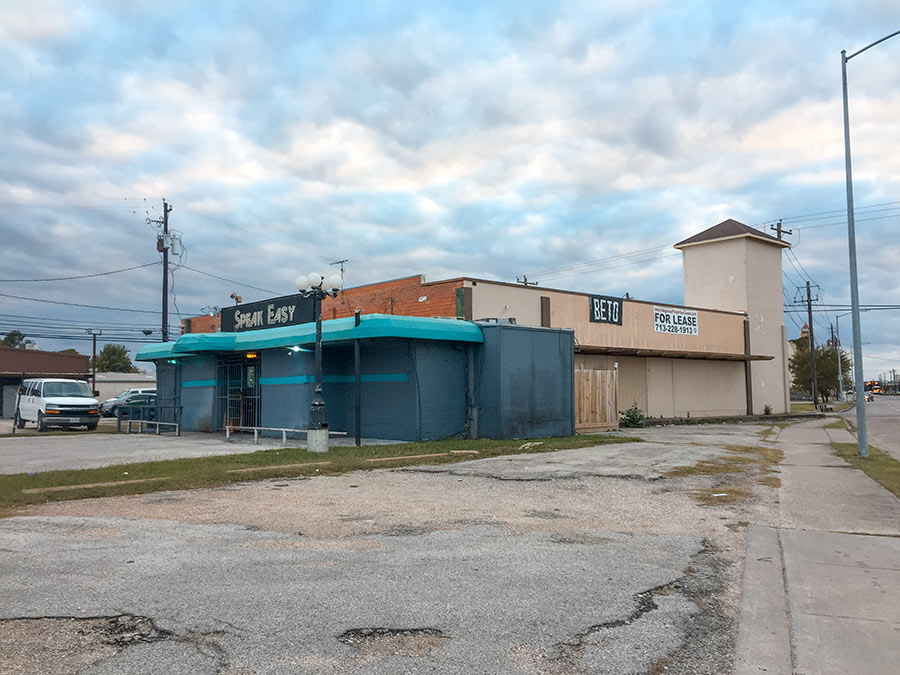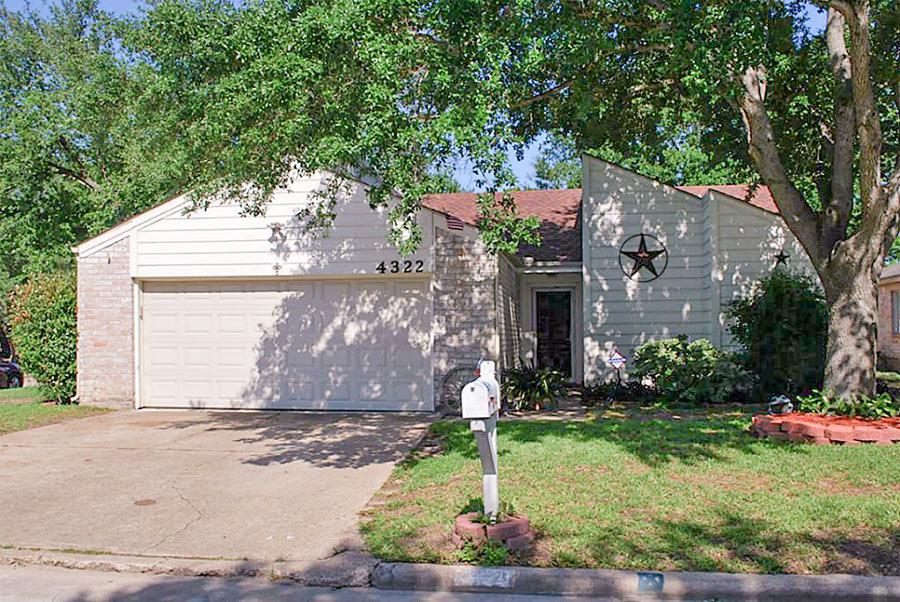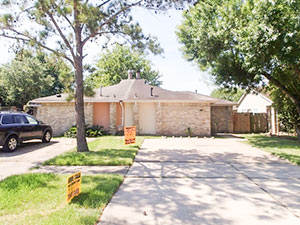 Last week, after a vote of the State Securities Board, Texas became the lucky 13th state to allow equity crowdfunding. Jumping the gun on nationwide rules authorized in 2012 but still not put in place by the SEC, the new statewide setup will allow companies to raise up to $1 million a year through approved “portals,” or crowdfunding websites. Any Texan will be able to invest up to $5,000 per company, but qualified investors (individuals with assets of more than $1 million — minus their home — and $200K in annual net income) will be able to invest any amount.
Last week, after a vote of the State Securities Board, Texas became the lucky 13th state to allow equity crowdfunding. Jumping the gun on nationwide rules authorized in 2012 but still not put in place by the SEC, the new statewide setup will allow companies to raise up to $1 million a year through approved “portals,” or crowdfunding websites. Any Texan will be able to invest up to $5,000 per company, but qualified investors (individuals with assets of more than $1 million — minus their home — and $200K in annual net income) will be able to invest any amount.
Unlike donation-based crowdfunding efforts popularized on sites such as Indiegogo and Kickstarter, portals operating under the new rules will turn subscribers into owners of the projects they invest in. The rules, which go into effect next month, apply to any type of company investment, from restaurants to local businesses to real estate — as long as the investors are Texas residents, the companies are Texas companies, and the crowdfunding website is based here. A Houston beta site hoping to begin offering stakes in “corporate backed single tenant leased properties” — such as the dummy McDonald’s Net Lease portrayed in the image above — has already been announced.
- Texas Approves Equity-Based Crowdfunding Rules [Silicon Hills]
- Texas Intrastate Crowdfunding [Texas State Securities Board]
- InvestPeer Launches Equity Based Crowdfunding Beta Website in Texas [InvestPeer]
Photo: Investpeer





Good. But rather than a new rule to allow, it should be the elimination of a rule that disallowed it. If I want to get some people together to toss in $x to buy something, wtf business is that of the government?
.
The best law we could pass is one that said for every new law passed, an old law had to be removed. We have enough restrictions on what we can do. So if they want to add another, they should have to find one to get rid of.
Get ready for more scams than Craigslist.
Ooh yay, new bubble!
So the wealthier people get to play by a different set of rules?
@Cody – please post here when you decide to offer something. After years of reading your posts, I’d back you.
The “qualified investor” rule has been around for ages for all sorts of investments. It implies that if you have that kind of money, you are sophisticated enough to understand its complexities and if you lose it all it won’t bankrupt you.
—
Don’t be fooled, real estate investments are no safer than the stock market unless you’re in the first lien position. If you’re one of 50 owners of a project and things go south, you will see exactly $0.
Cody, those rules have been around for decades to protect unsophisticated investors from high pressure sales pitches. You can get your friends together and invest in something, but you can’t advertise for investors without following the SEC rules governing disclosures, transparency, etc. There is a minimum number of investors that’s a threshold for the rules. Given the propensity for investment salespeople to be completely over the top, this is a good thing.
Cody, I’d like the “add a law – leave a law” rule.
Ross, it’s ridiculous to think that the government should decide who gets to invest their money in what. Lots of people who don’t meet “qualified investor” status are perfectly able to buy ridiculous cars (there’s a high-pressure sales pitch), rental properties, etc.
Ah Spoonman. The SEC doesn’t tell people what they can buy (“invest” in). It merely controls what must be disclosed in the sales process. Hope this is not too shocking – it has only been around since the 1930s.
PracticallyYours: Thanks! That’s very flattering. However, financing tends not to be my issue. It’s finding a deal worth getting. Those are gone in Montrose and seem to be becoming more rare even east of 288 where for a few years no one else wanted them so I could get them easily. I have to figure out where the next area will be as inner loop east will likely double in price (only due to being so low now) in the next 3-5 years.
Cody the next area is north of downtown between 45 and 59 south of North Loop….
@ Cody: Are you unconcerned about the recent decline in the price of oil or the precipitous decline in value of so many energy stocks? You’re not worried about a strong dollar impacting Houston’s export sector? Or tepid national growth? Or the leading edge of global manufacturing data that seems so dour?
Expectations for Houston are still high, but all of the fundamentals are uncertain. Its a good time to be selling, not buying. And if you insist on buying (which I don’t recommend), at least go for a decent-quality property in an unsexy submarket with disproportionate downstream energy exposure, like Baytown or Texas City.
TheNiche: No, I don’t worry about those things. Reason being is I’m not buying stuff the overpriced levels that some are paying today (over $100k/door for old class C stock in Momtrose) or building new with a $100+/SF level for the land alone. THOSE buyers should worry.
.
Most of my stock (that’s not in Montrose, which was bought sub $50k/door), is just outside of the area where I feel grown has to happen next due to the areas close by being too expensive. I’m already seeing our former mantrose tenants move east as for a mile or two move, they get way more apt for their $ while still having their pervious proximity advantages (albeit not AS walkable or hip atm)
.
And if I’m wrong, I’m in at $20k/door. I could have 1/2 the building occupied and getting $400/month and limp by. Worst cast of 60% paying renters at $500/month and I’m doing well. Anything over that (we see 90% occupancy even in these “marginal areas”) is gravy and helps save for any rainy day. But again, with a low cost basis it’s easy to weather a storm.